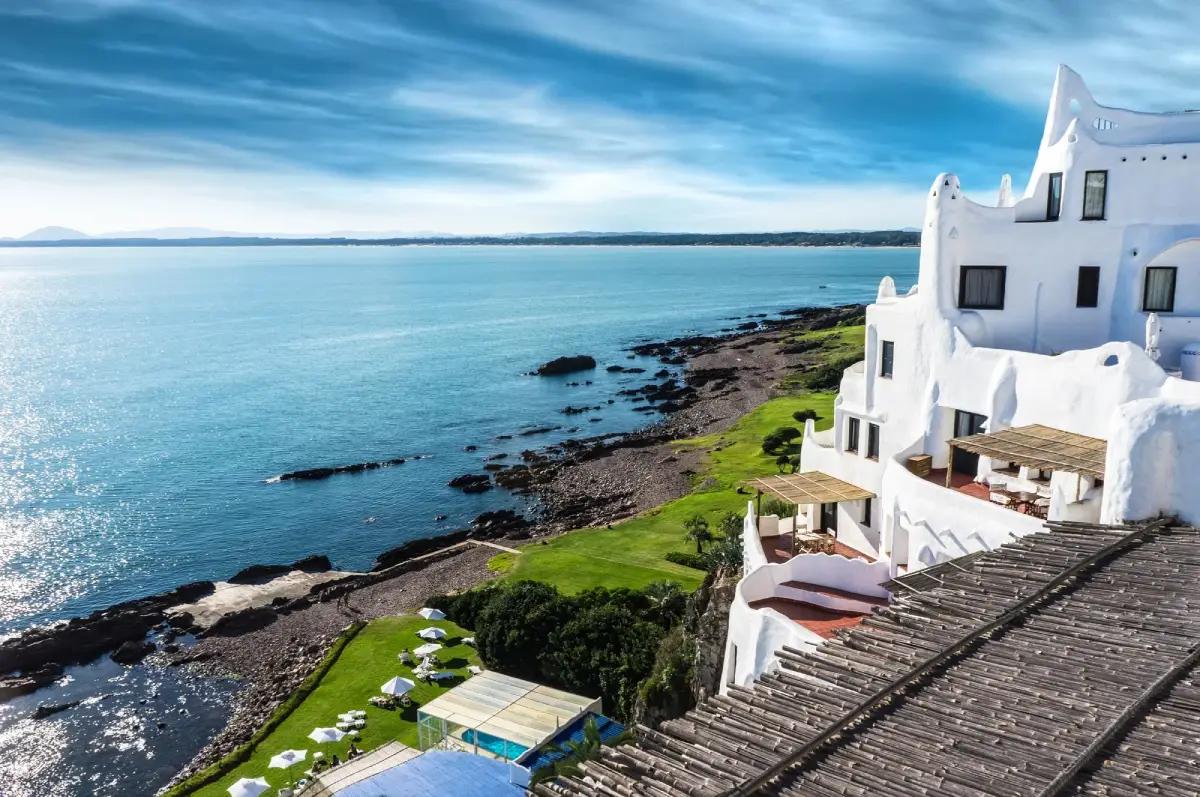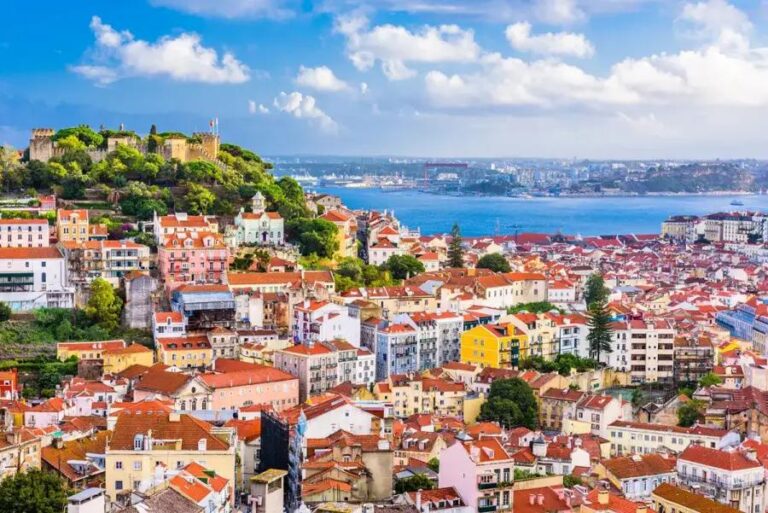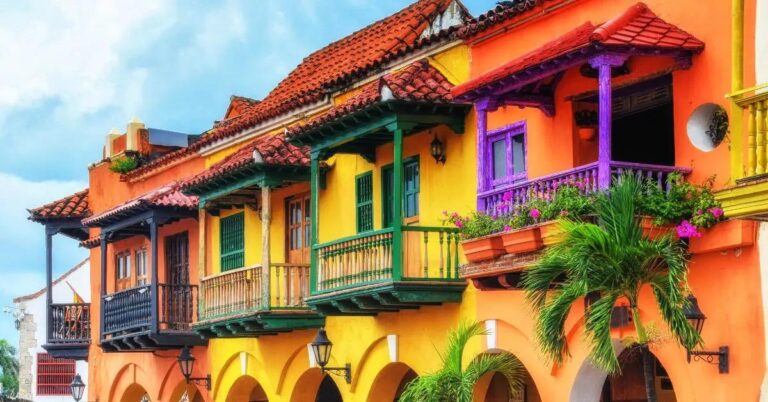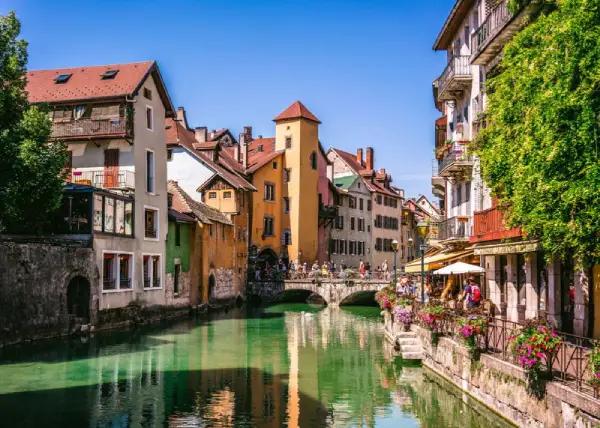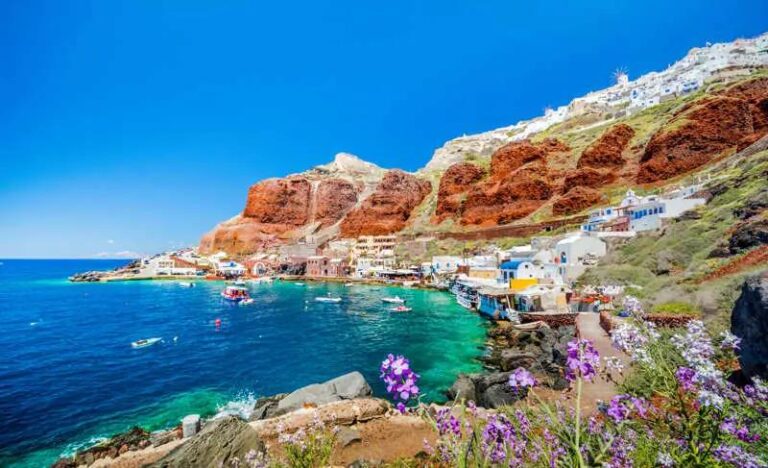TL;DR:
- Housing Costs: Renting in Montevideo ~$500/month; buying $1,500-$2,200/sq. meter. Cheaper in smaller towns/rural areas.
- Affordable Neighborhoods: Ciudad de la Costa offers balance; utilities ~$100/month.
- Healthcare: Public healthcare is free but slow; private ~$100/month.
- Transportation: Public transport ~$1/ride, car costs ~$200/month.
- Daily Living Costs: Groceries ~$300-$400/month, dining out ~$20/person, entertainment ~$50/month.
- Benefits: Mild climate, beautiful scenery, vibrant expat community, affordable living.
- Challenges: Language barrier, cultural adaptation, bureaucracy, availability of specific goods, inflation impacts.
Thinking about retiring in Uruguay? Wondering if it’s affordable? I’ve got you covered. As a retiree or soon-to-be retiree, understanding the core components of living costs is crucial. From housing and healthcare to daily living expenses, I’ll break down what you need to know. Get ready to dive into a detailed guide on the cost of living in Uruguay for retirees. Let’s find out if this South American gem is the perfect retirement destination for you!
What Are the Core Components of Living Costs for Retirees in Uruguay?
Housing Costs
Housing is a core part of any retiree budget in Uruguay. The choice between renting and buying property carries different costs. Renting a modest apartment in Montevideo can cost about $500 a month. If you’re considering buying, property prices in Montevideo vary, with costs ranging from $1,500 to $2,200 per square meter. Smaller towns and rural areas offer cheaper options.
Affordable Neighborhoods
Montevideo and Punta del Este are popular but can be pricey. For budget-friendly options, consider areas like Ciudad de la Costa. These neighborhoods offer a balance between cost and amenities, and utility costs like electricity, water, and gas run about $100 monthly.
Healthcare Expenses
Healthcare is another significant factor. Uruguay’s healthcare system is both public and private. Public healthcare is free but can have longer wait times. Private healthcare offers quicker service with costs around $100 monthly for medical insurance. Access to affordable healthcare makes Uruguay appealing for retirees.
Transportation Costs
Transportation in Uruguay is also affordable. Public transportation costs about $1 per bus ride, with monthly passes available. If you opt to own a car, expect to spend around $200 monthly for fuel and maintenance.
Daily Living Costs
Daily living expenses include groceries, dining out, and entertainment. Grocery shopping for a couple costs about $300 to $400 a month. Eating out at a mid-range restaurant costs around $20 per person. Entertainment, like going to the movies or cultural activities, is reasonably priced at $5 to $10 per ticket. Monthly expenses for social activities hover around $50.
For more details about living on a retiree budget in Uruguay, check out this detailed guide.
What Are the Benefits and Challenges of Retiring in Uruguay?
In Uruguay, the benefits of retirement include its stunning climate and natural beauty. The weather here is mild, with a pleasant mix of sunshine and rain. Beautiful beaches, rolling hills, and lush forests make every outing enjoyable.
Another key benefit is the vibrant expat community and active social life. You’ll find many expat communities where people from all over the world gather. This makes it easier to make friends, participate in social events, and feel at home.
Cost-efficiency is another primary reason for retiring here. Uruguay offers affordable living, which means you can stretch your retirement funds further. Compared to the USA, expenses like food, housing, and healthcare are significantly lower. This allows you to retire comfortably and enjoy a good quality of life.
But let’s talk about the challenges. One concern is the language barrier. Spanish is the primary language, and it can be difficult if you don’t know it. Cultural adaptation can also take time, so patience is essential.
Bureaucracy in Uruguay can be daunting. Residency requirements and paperwork may take months to process. It can be frustrating, but it’s a necessary part of the move.
Although most goods and services are available, some items you’re used to might be harder to find. This is especially true for specific brands and imported goods.
When choosing a place to settle, consider popular retirement spots like Montevideo and Punta del Este. These cities offer safe, affordable neighborhoods with all the amenities you need.
Financially, keep an eye on inflation. Prices can change, impacting your budget. Compared to the USA, however, the cost of living remains low. This makes Uruguay an enticing choice for your golden years.
Conclusion
Uruguay offers a warm climate, budget-friendly living, and strong expat networks for retirees. However, you might face challenges like language barriers and complex residency rules. Housing, healthcare, and daily living costs remain manageable, though inflation can impact your budget. Choose from affordable neighborhoods and enjoy a vibrant social scene. Whether renting or buying, Uruguay provides many options to ensure a comfortable and fulfilling retirement. Embrace the benefits while understanding the hurdles to make the best of your retirement in this beautiful country.

